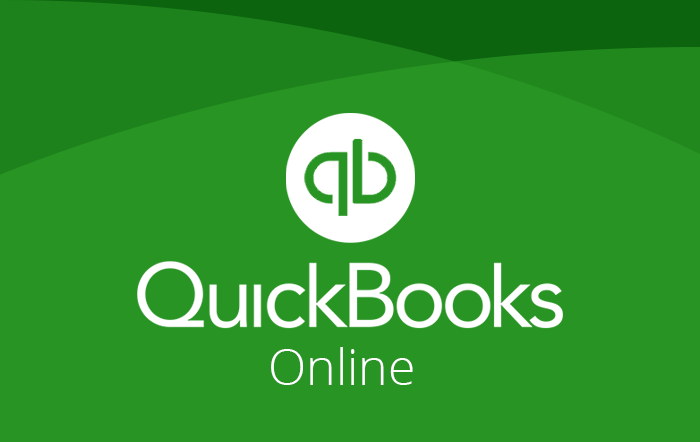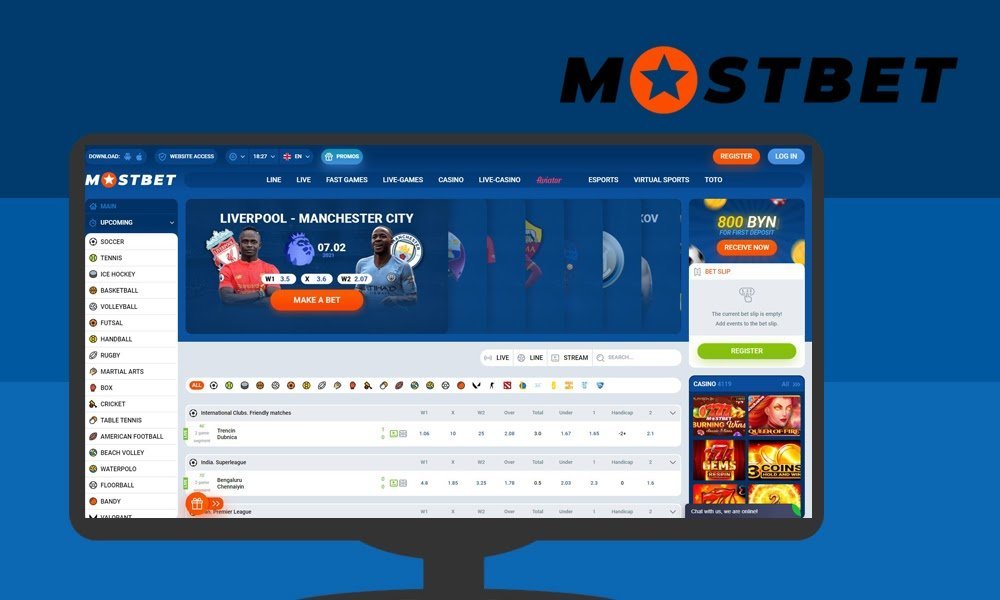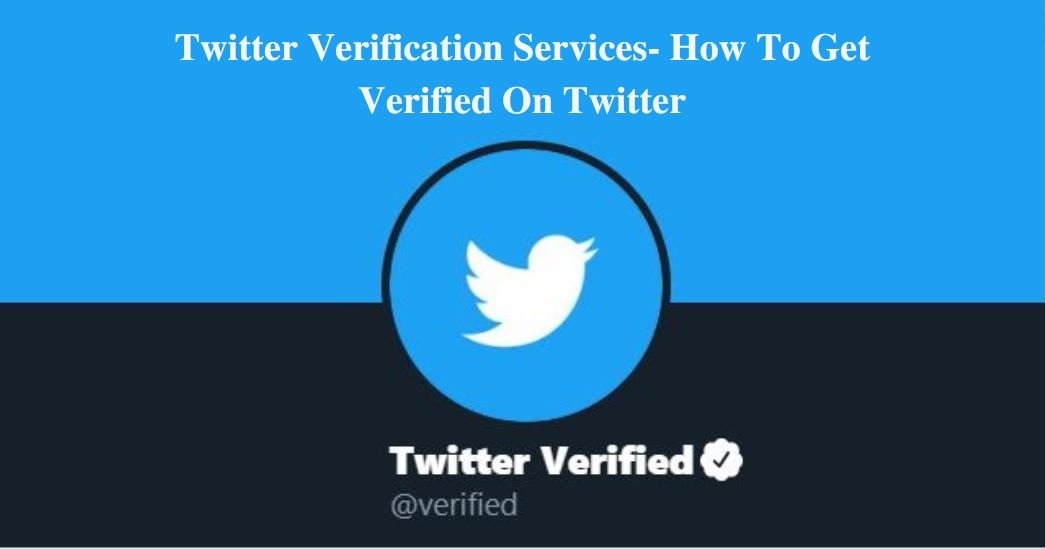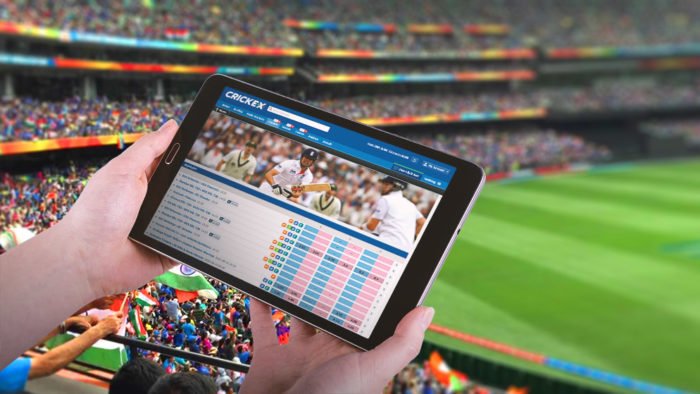The Complete Overview of QuickBooks Enterprise and ERP Solutions
What is a QuickBooks Enterprise?
Intuit QuickBooks Enterprise is a business management software that helps entrepreneurs to run their business effectively and efficiently, efficiently manage employees and finances, and improve cash flow. QuickBooks Enterprise is a business management software that helps entrepreneurs to run their business effectively and efficiently, efficiently manage employees and finances, and improve cash flow. With the help of the software, an entrepreneur can reduce the risk of error and streamline their business by doing things like monitoring inventory, balancing their finances, and managing their profit. Furthermore, QuickBooks Enterprise can be used as accounting software for payroll, accounting, invoicing, and inventory management.
The features of QuickBooks Enterprise
QuickBooks Enterprise QuickBooks Enterprise is great accounting software for medium to large businesses. It provides a wide range of accounting services for companies who are looking to make records of their transactions, track budgets, and track the flow of cash. Unlike other accounting software, QuickBooks Enterprise can handle multiple business units and can be accessed anywhere. It also has an extensive list of reports that can aid in the decision-making process for the business. The features of QuickBooks Enterprise that are great for medium-sized businesses are:
1. The ability to manage inventory
2. The ability to manage staff
3. The ability to create an estimate from a purchase order
What is an ERP system (Enterprise Resource Planning)?
ERP stands for Enterprise Resource Planning which is an all-in-one operational system. It’s a system that takes care of all of the activities in a company. All of the departments in a company can use an ERP system to help them with tasks such as Finance, Manufacturing, Supply Chain, Projects, HR, and many more. The benefits of an ERP system from a company’s perspective include increased efficiency and productivity by using a centralized system for control of the company’s operations. It makes it easier for a company to do more with less. Another benefit of using an ERP system is flexibility; because it is often custom-made for a company’s unique operations, the system can be designed to fit the company’s needs.
ERP systems provide significant benefits because they improve efficiency and productivity, give a company the ability to do more with less, and provide a custom-fit solution that meets the company’s specific needs. The speed and ease of transition from QuickBooks to a popular ERP system is a great opportunity to significantly upgrade a company’s operations.
The features of an ERP
When productivity and efficiency are the top priorities for any company, then an ERP is the perfect fit. An ERP or Enterprise Resource Planning system is more than just a time tracking application. It is a complete suite of integrated business management software. ERPs can assist companies of any size with accounting, inventory management, customer data, and vendor relationship management. These applications allow any company to maintain a more accurate and up-to-date view of their financial and operational health. A variety of features of ERPs make them the ideal solution for today’s businesses. With an ERP, companies can focus on what they do best. The system provides one place to monitor and manage all aspects of work. Large or small, ERPs allow any company to easily and effectively manage operational complexity.
ERPs allow companies to focus on what they do best when it comes to business. The system provides one place to monitor and manage all aspects of work. Whether a company is small or large, an ERP will help them efficiently manage operational complexity. With ERPs, companies can provide better customer service and stay up-to-date with the latest financial and operational data.
How to decide between a QuickBooks Enterprise or ERP System?
QuickBooks Enterprise is an accounting system that can provide more functionality for organizations with multiple locations, more complex financial needs, and also provide more advanced features for the finance team. QuickBooks Enterprise will provide advanced features for controlling inventory, integrating with other applications, and managing financials. An ERP is an enterprise resource planning software package. ERP software would have accounting, inventory management, supply chain management, customer management, and other features. ERP systems are often designed for manufacturing, distribution, or service companies with employees that work in different locations. Deciding which financial software system to use all depends on the business needs of the organization. The best solution would be to have a meeting with executives to determine what kind of system they need and then take it from there.
The Differences between QuickBooks Enterprise and ERP
A business owner should consider both QuickBooks Enterprise and ERP as the two different systems have different features and benefits. The installation of QuickBooks Enterprise will be managed by a technical team at Intuit. In contrast, the installation of ERP will be managed by enterprise IT staff. QuickBooks Enterprise has a time tracking feature, which allows a company to track the total time a project requires. It has a reporting feature, which allows a company to produce a report on a specific account at a specific date range. It has a meeting package, which a company can use to track the time spent in a meeting. It also has a payroll service that is included in the monthly fee. Budgeting and cash flow forecasting are available to be done on the fly. The expense reporting is also incorporated into payroll, saving you time and money.
While each of these features may sound appealing, the key difference between QuickBooks and an ERP is that with QuickBooks, you’re limited to accountancy-driven reporting. If your business needs more features, software, and reporting than what QuickBooks offers, you may be better off investing in an ERP.















